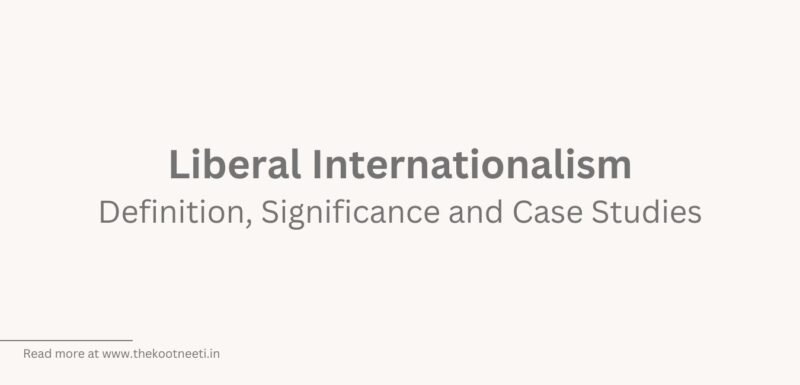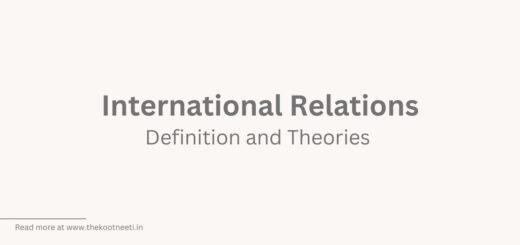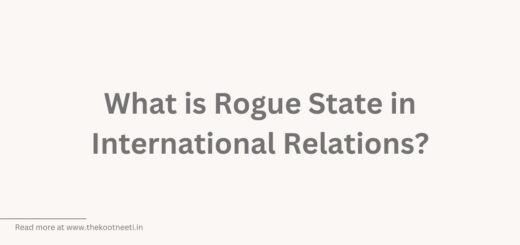Liberal Internationalism: Definition, Significance and Case Studies

Liberal internationalism is a foreign policy perspective that emphasizes the promotion of international cooperation and the use of international institutions to address global challenges. Liberal internationalists believe that the international community should work together to address issues such as poverty, conflict, and environmental degradation and that international institutions such as the United Nations and the World Bank can play a crucial role in promoting cooperation and addressing these global challenges.
Liberal internationalists also believe in the importance of promoting democracy, human rights, and the rule of law, and often advocate for the use of military force to protect these values and to prevent the spread of authoritarianism.
Liberal internationalism has been influential in shaping the foreign policy of many countries, particularly in the post-World War II period, and has been associated with the promotion of liberal values such as democracy and human rights. However, it has also been criticized for potentially ignoring the sovereignty of states and for promoting a Western-centric view of global affairs.
Strengths and Weakness of Liberal Internationalism Theory
Strengths:
- Promotes peace and stability: Liberal internationalism encourages states to work together to solve common problems and promotes the use of international institutions and international law to resolve conflicts peacefully.
- Protects human rights: Liberal internationalism emphasizes the importance of human rights and promotes the use of international institutions and laws to protect and promote human rights around the world.
- Fosters economic cooperation: Liberal internationalism encourages economic cooperation among states and promotes free trade and the integration of global markets, which can lead to increased prosperity and economic growth.
Weaknesses:
- Can be seen as imposing Western values: Liberal internationalism is often associated with Western values and may be seen as imposing those values on other countries, which can be a source of tension and resentment.
- May be limited by national interests: States may prioritize their own national interests over the goals of international cooperation, which can limit the effectiveness of liberal internationalism.
- Can be seen as lacking in enforcement mechanisms: Liberal internationalism relies on international institutions and laws to promote cooperation and resolve conflicts, but these institutions and laws may lack the enforcement mechanisms to effectively address violations or disputes.
Overall, liberal internationalism has both strengths and weaknesses as a foreign policy approach. Its emphasis on international cooperation and the promotion of peace and stability can be beneficial, but it may also be limited by national interests and the lack of effective enforcement mechanisms.
Here are a few case studies that illustrate the principles of liberal internationalism in action:
- The Marshall Plan: After World War II, the United States provided financial assistance to European countries through the Marshall Plan in order to help them rebuild their economies and promote stability. This was an example of liberal internationalism in action, as it sought to promote cooperation and rebuild international relations through the use of international institutions and aid.
- The North Atlantic Treaty Organization (NATO): NATO is a military alliance of Western countries that was formed in the aftermath of World War II. It is an example of liberal internationalism in that it promotes cooperation and security among its member states and encourages the resolution of disputes through dialogue and diplomacy.
- The United Nations: The UN is a multilateral organization that aims to promote international cooperation and resolve conflicts peacefully. It is an example of liberal internationalism in that it seeks to address global challenges through international institutions and cooperation.
- The World Trade Organization (WTO): The WTO is an international organization that promotes free trade and the liberalization of global trade. It is an example of liberal internationalism in that it seeks to promote cooperation and stability among countries through the establishment of rules and norms for international trade.


















